Nicolas Bauer is an associate researcher at the European Center for Law and Justice (ECLJ) and a doctoral student in law at the University of Strasbourg.
In 1882, Jules Ferry had secularized public education, after having made it free and compulsory.
A century later, in 1982, the Minister of National Education Alain Savary presented the government's plan to unify the entire French education system.
The objective was to integrate the private education sector into National Education, in particular through a renewed school map and a common educational program.
The concern of the socialist government was to promote equality between children.
This electoral promise of François Mitterrand also implied the secularization of private establishments, almost all Catholic.
Such a reform would have limited freedom of education.
It would also have derogated from two United Nations treaties, ratified two years earlier by France and protecting the right of parents "
to choose for their children establishments other than those of the public authorities
" and "
to ensure religious education and morality of their children in accordance with their own convictions
”.
Despite attempts by the socialist government to negotiate and obtain a compromise, a social movement opposed the Savary project head-on.
Supported by the Catholic bishops, it culminated with two million French people parading in Paris in June 1984. The left was lastingly marked by this movement for the “free school”.
A month later, Mitterrand announced the withdrawal of the Savary law.
Since then, the existence of private education “under contract” with the State has not been questioned.
In other European countries, state-funded denominational schools enjoy much greater autonomy.
Nicholas Bauer
In fact, the teaching of Catholic establishments "under contract" has become quasi-secular in practice.
As a result, left-wing critiques today focus on social, rather than religious, issues.
Asked about the subject in 2017, Jean-Luc Mélenchon considered that the “
real problem
” was no longer “
religious, Catholic, denominational education
”, but a “
situation of inequality
” between the private and the public.
The current Minister of Education, Pap Ndiaye, recently called on Catholic education to be accountable for social diversity.
However, a minority of establishments “under contract” try to restore their confessional specificity.
The leeway, framed by law, is reduced.
These establishments have both the obligation to admit children of all beliefs without distinction and that of
total respect for the freedom of conscience
” of each student.
In a pluralist class, providing religious and moral education that respects each conscience is a difficult balance to find.
In 2014, all it took was one anonymous testimony for Gerson Catholic High School to be investigated by the Department of Education and suspended from public funding.
The student felt that his conscience had been hurt by a course in religious instruction on bioethics.
Although the investigation ultimately contradicted the student's accusations and vindicated the school, Catholic education has redoubled its caution following this affair.
Today's “consciousnesses” are very diverse and sometimes ultra-sensitive.
In other European countries, state-funded denominational schools enjoy much greater autonomy.
This is the case in the United Kingdom with the
faith schools
as well as in the Netherlands where the Constitution largely protects private establishments.
In these two countries, denominational schools can ensure upstream that they share the same educational project with teachers and families, including its religious dimension.
In case of conflict with the freedom of conscience of a parent or a student, this freedom is exercised by their choice to leave the establishment.
Since the start of Emmanuel Macron's first five-year term, it has been the freedoms of "non-contract" schools that have been the most debated and attacked.
Nicholas Bauer
In France, such religious autonomy exists only in establishments "out of contract", which receive no public funding.
However, contrary to the teaching "under contract", the 2500 establishments "out of contract" are mainly secular.
Only 320 of them are Catholic.
The independence of the Catholic "non-contract", which is still marginal, allows these establishments to opt for a complete religious education.
They thus attract families disappointed by the de facto secularization of “under contract” Catholic education.
Since the start of Emmanuel Macron's first five-year term, it has been the freedoms of "out of contract" schools that have been the most debated and attacked.
New legislative provisions have been adopted almost every year, including in 2021 with the law confirming respect for the principles of the Republic (“separatism” law).
The control of “non-contract” establishments has been reinforced and their closure facilitated.
The pupils of the “out of contract” also undergo humiliations, like a differential treatment for the examination of the baccalaureate.
Forty years after the Savary bill, it is above all “outside contract” education that embodies the “free school”.
Its fight to develop is not spectacular as in 1984, but discreet and daily.

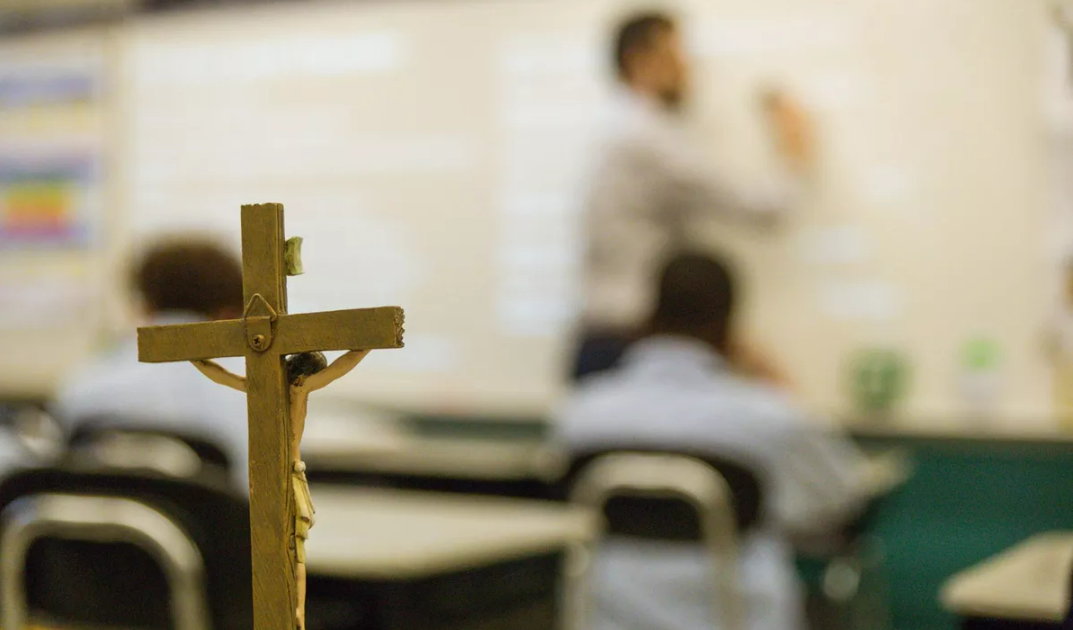
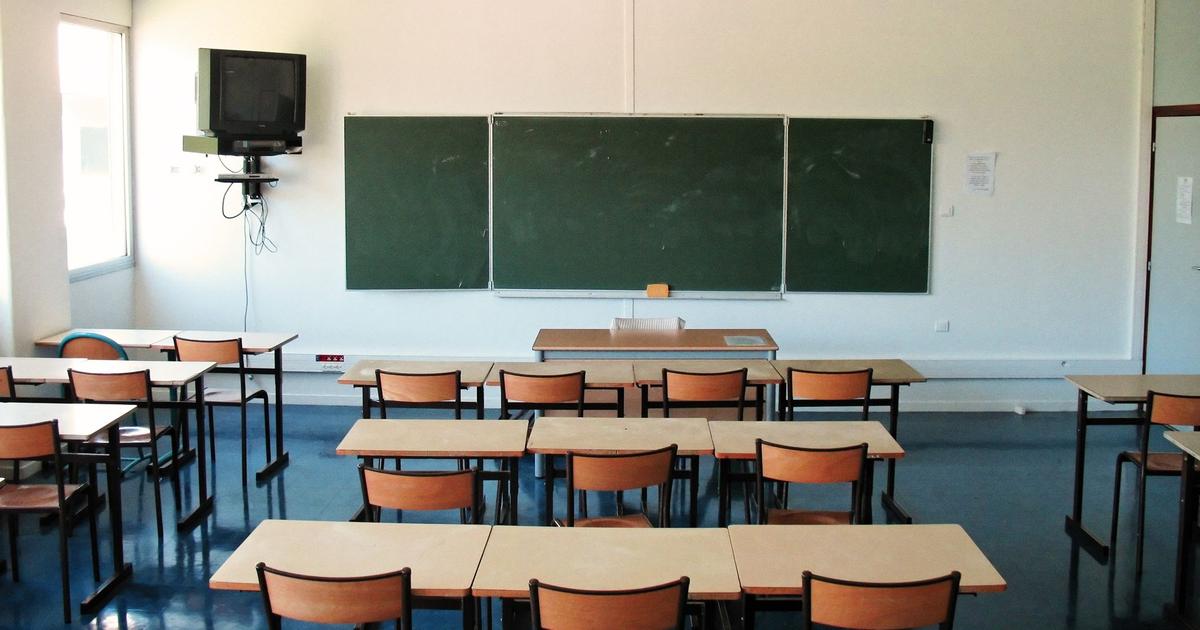
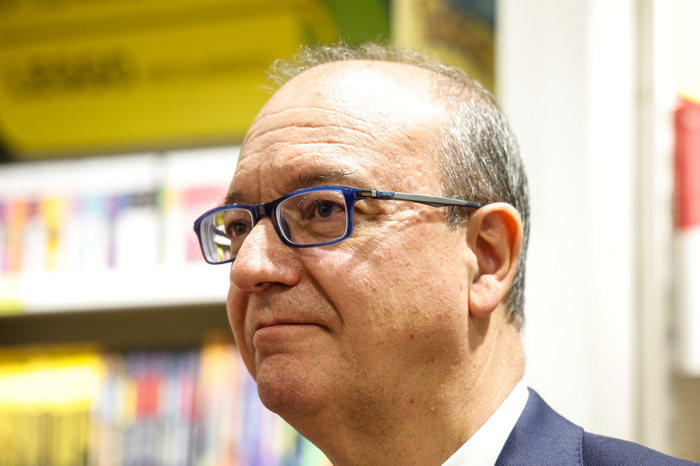

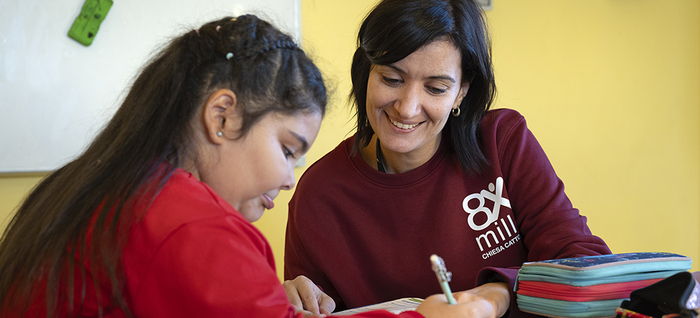

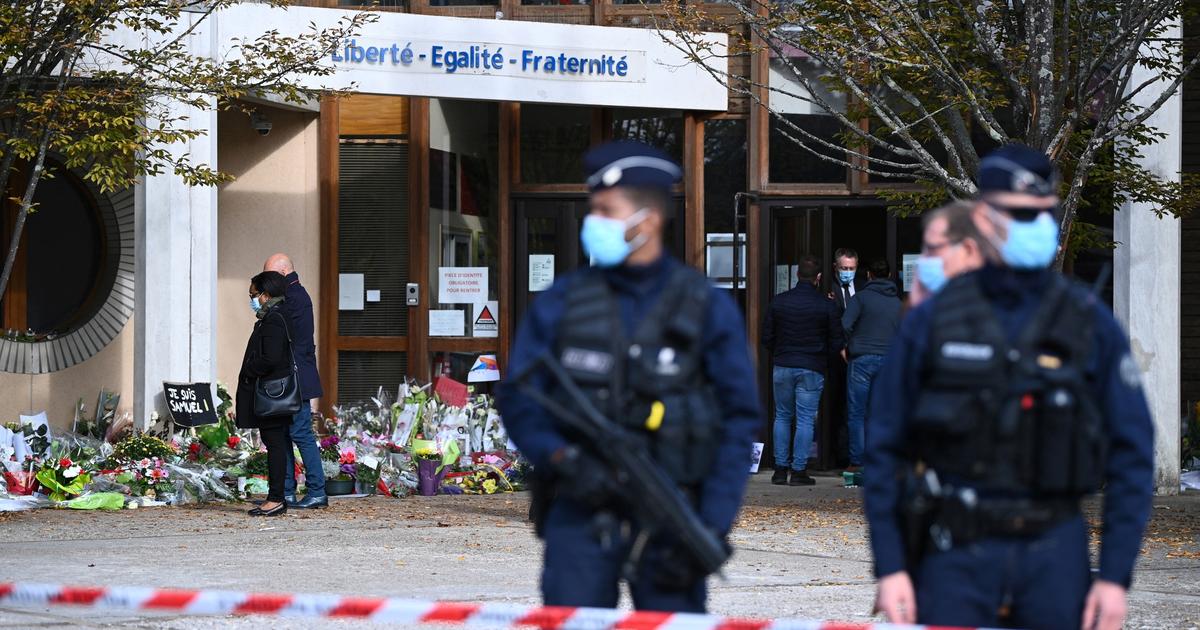

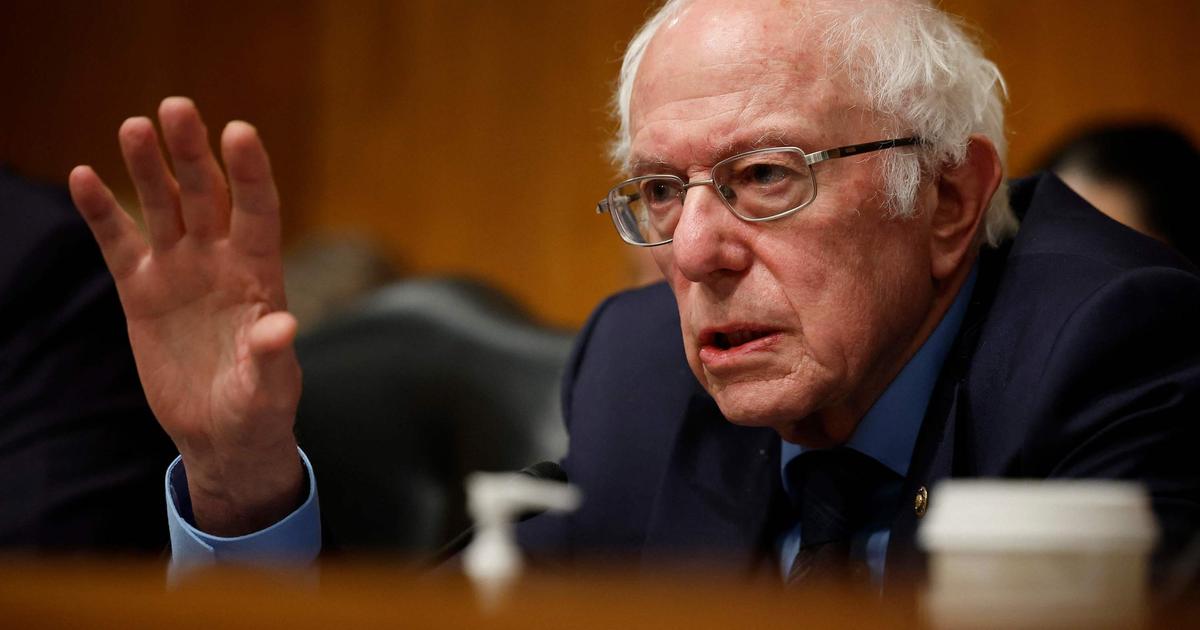


/cloudfront-eu-central-1.images.arcpublishing.com/prisa/KMEYMJKESBAZBE4MRBAM4TGHIQ.jpg)


